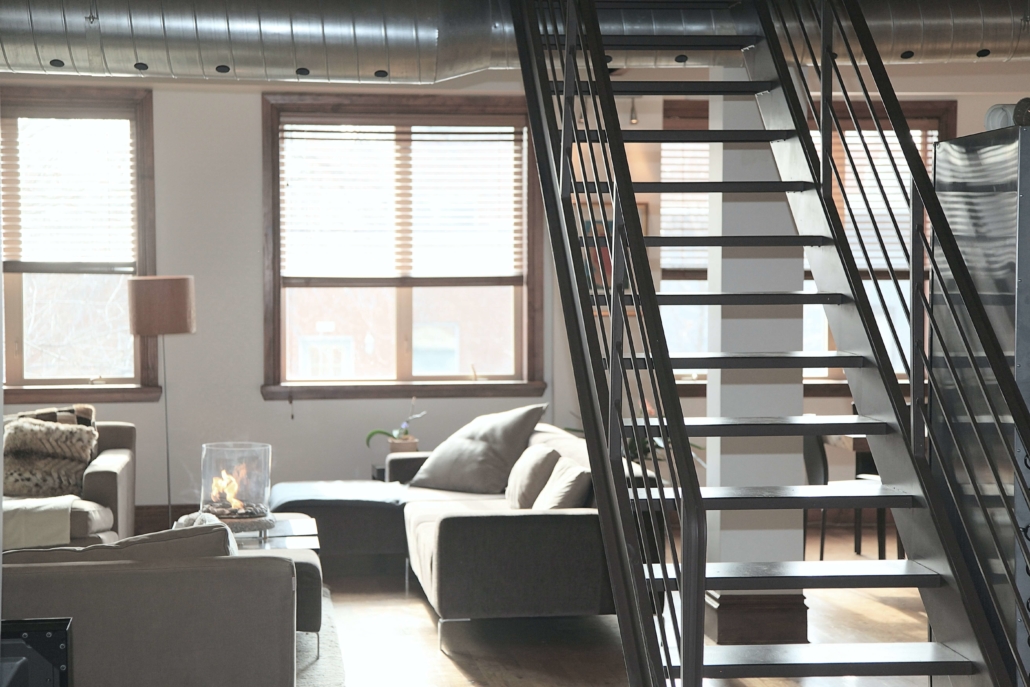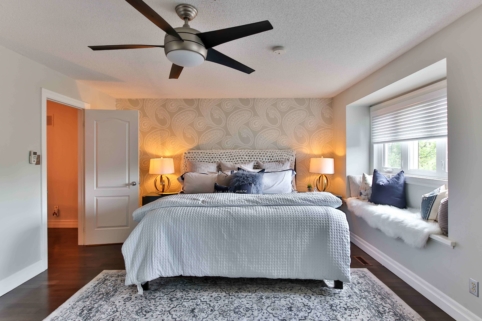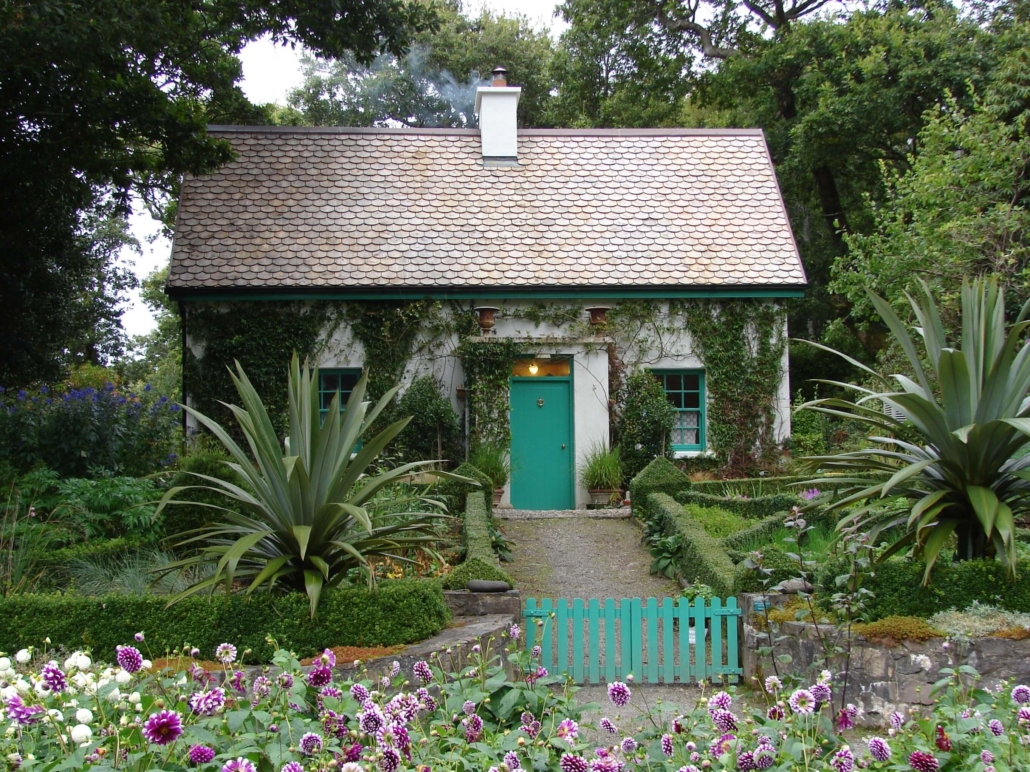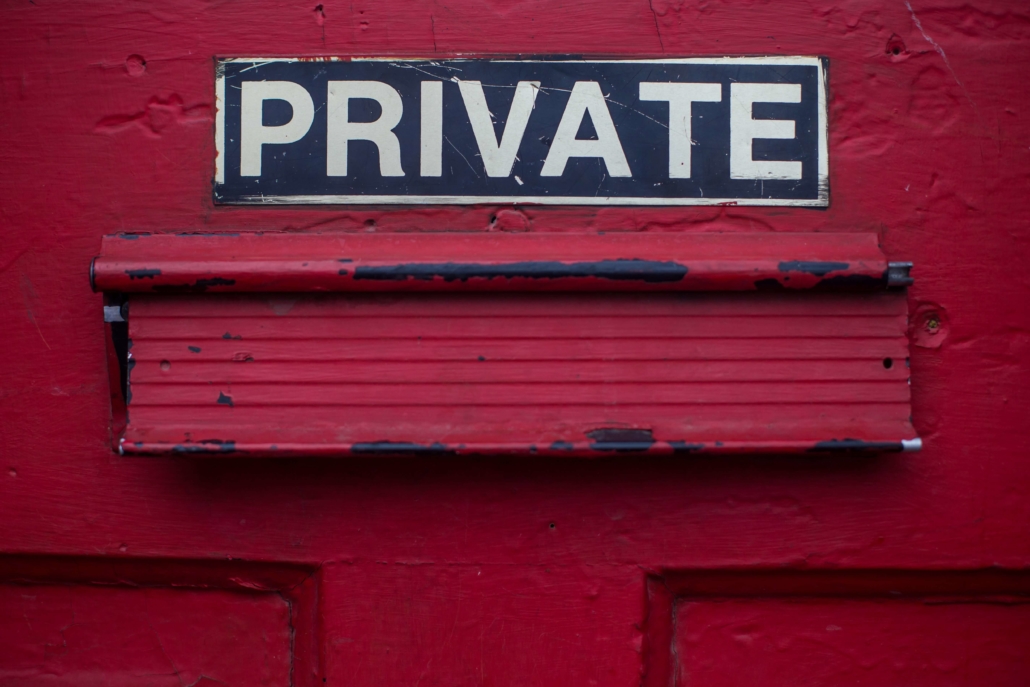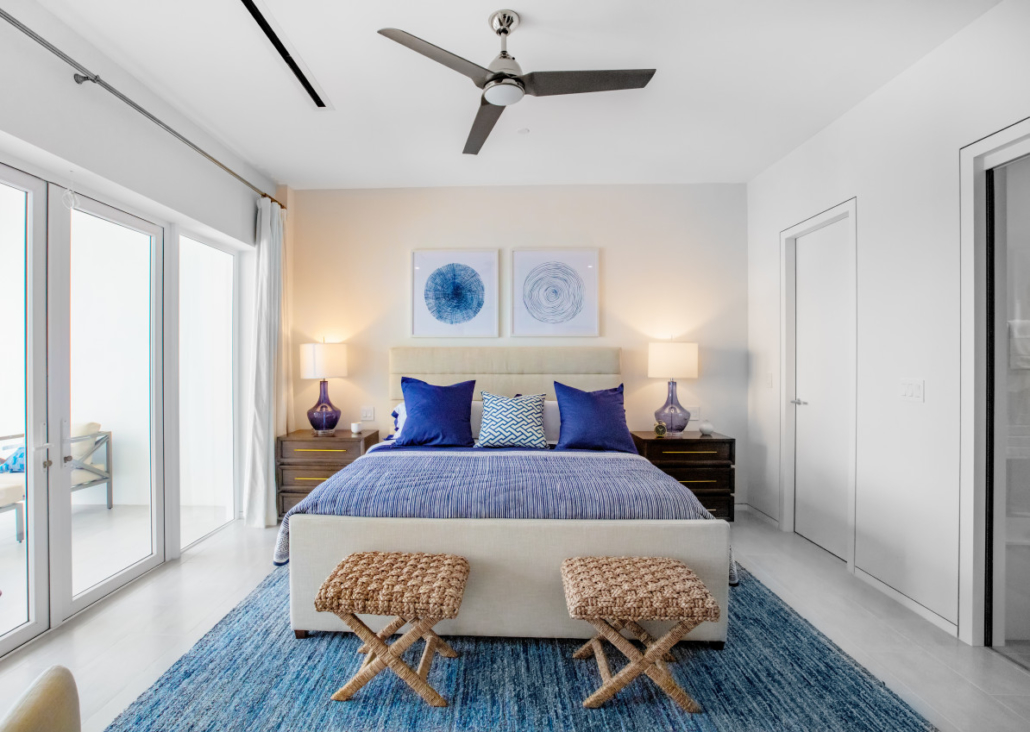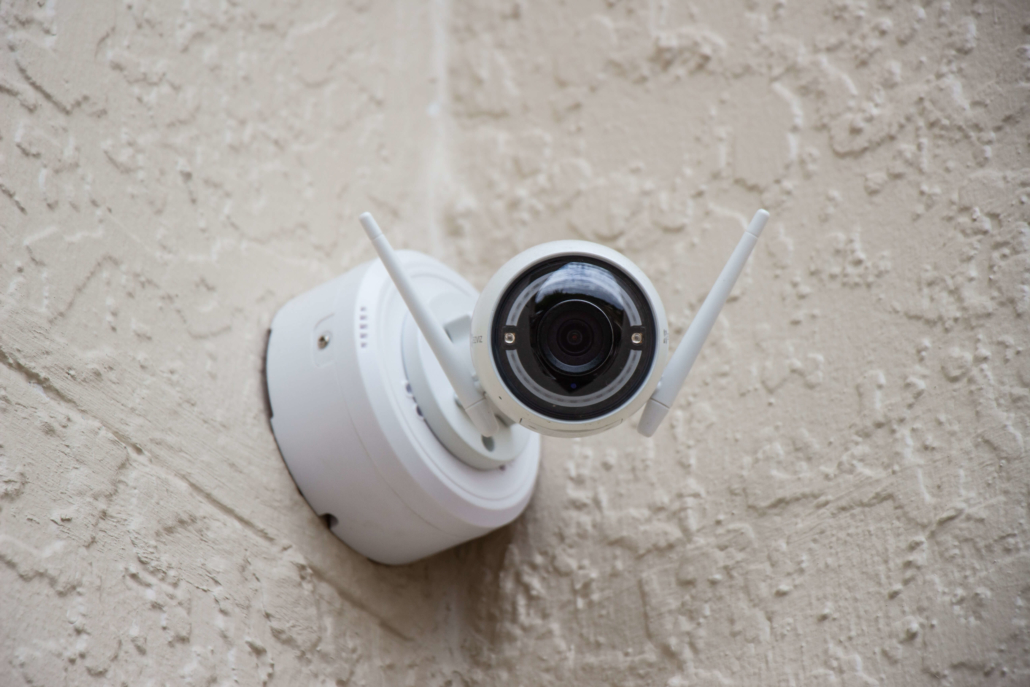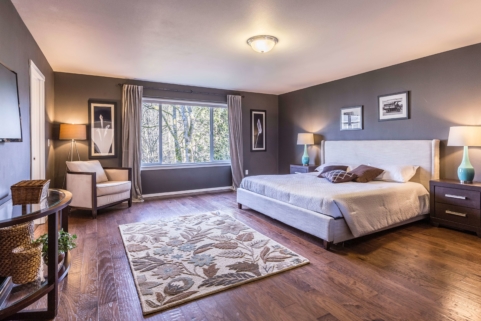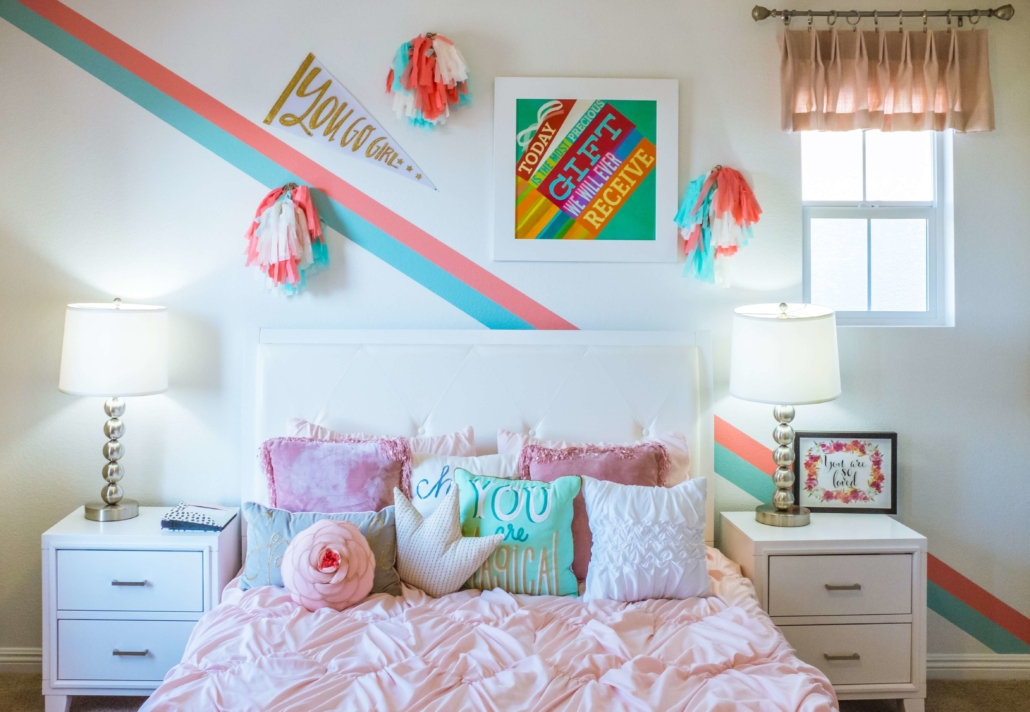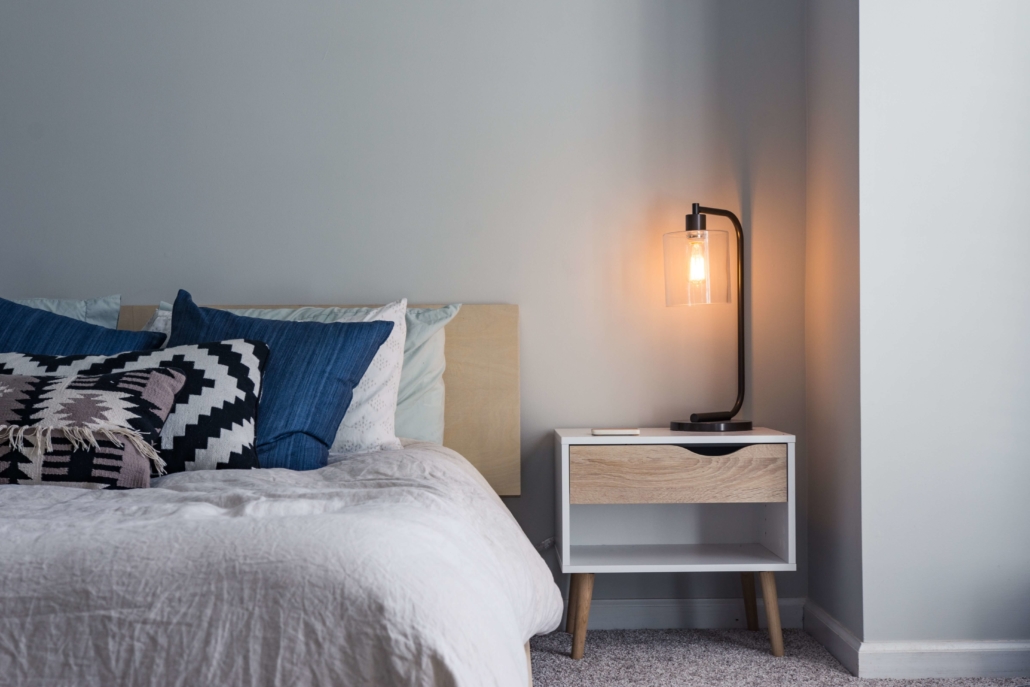Agent Disclosure: What Buyers Need to Know
If chefs make their own Denver omelettes at home on a Sunday and professional musicians sing in the shower for their own fun, can real estate agents sell their own property?
Through agent disclosure, the answer is yes, they can. However, buyers should be on the lookout — some agents try to not disclose this information to their own advantage.
What is an agent disclosure?
Agents are allowed to sell their own property, but licensed real estate agents are required to let the buyers know. They must disclose this in writing to the purchaser of the property. Even if their license is no longer valid and/or expired, they are “strongly encouraged” to reveal this to potential buyers.
Referral fees (and how they’re tricky)

As we’ve mentioned in another blog, agents get referral fees when they refer another agent to complete a transaction — basically like a finder’s fee. They receive 30% commission from the agent’s commission of whom they referred the client to.
In regards to selling their own homes, agents will sometimes use this referral procedure to their advantage. Here’s how this often plays out:
- Margaret is a real estate agent who’s selling her house.
- Instead of providing agent disclosure, she gets her friend and Realtor Micah to be the agent.
- Micah does all the work to get Margaret’s property to sell.
- Margaret, having never disclosed but simply referred, gets a percentage of Micah’s commission because of referral fees.
The takeaway here is that even if a seller doesn’t disclose that they’re a real estate agent, they might still be one. And they might have added incentives that give them more of a cut.
How can I find out about agent disclosure?

Do not call the listing agent.
When you see a property you’re interested in, work with your own agent. Never call the number that’s listed on the “For Sale” sign.
Ask the real estate agent.
If they don’t disclose their connection to the property over the course of a house tour and meeting with you, make sure you ask them.
Do some research.
If for some reason you have a weird feeling, aren’t convinced, or just genuinely want to make sure you’re in the know, do a quick Google search of real estate agents in your area.
What if the seller doesn’t tell me they’re a real estate agent?
Report them to the state real estate board. They’ve broken a code of ethics and could face loss of commission, or even having their license revoked.
For the record, not every real estate agent does this. There are plenty of agents who are always putting the client’s best interests first. If you truly want to play it as safe as possible, use Cashifyd to find a trusted agent in your area. Not only does Cashifyd connect you with a real estate agent, you’ll even get cashback at closing for using it! Take charge and get your own referral fees with Cashifyd — and stay on the lookout for agent and other seller disclosures.




